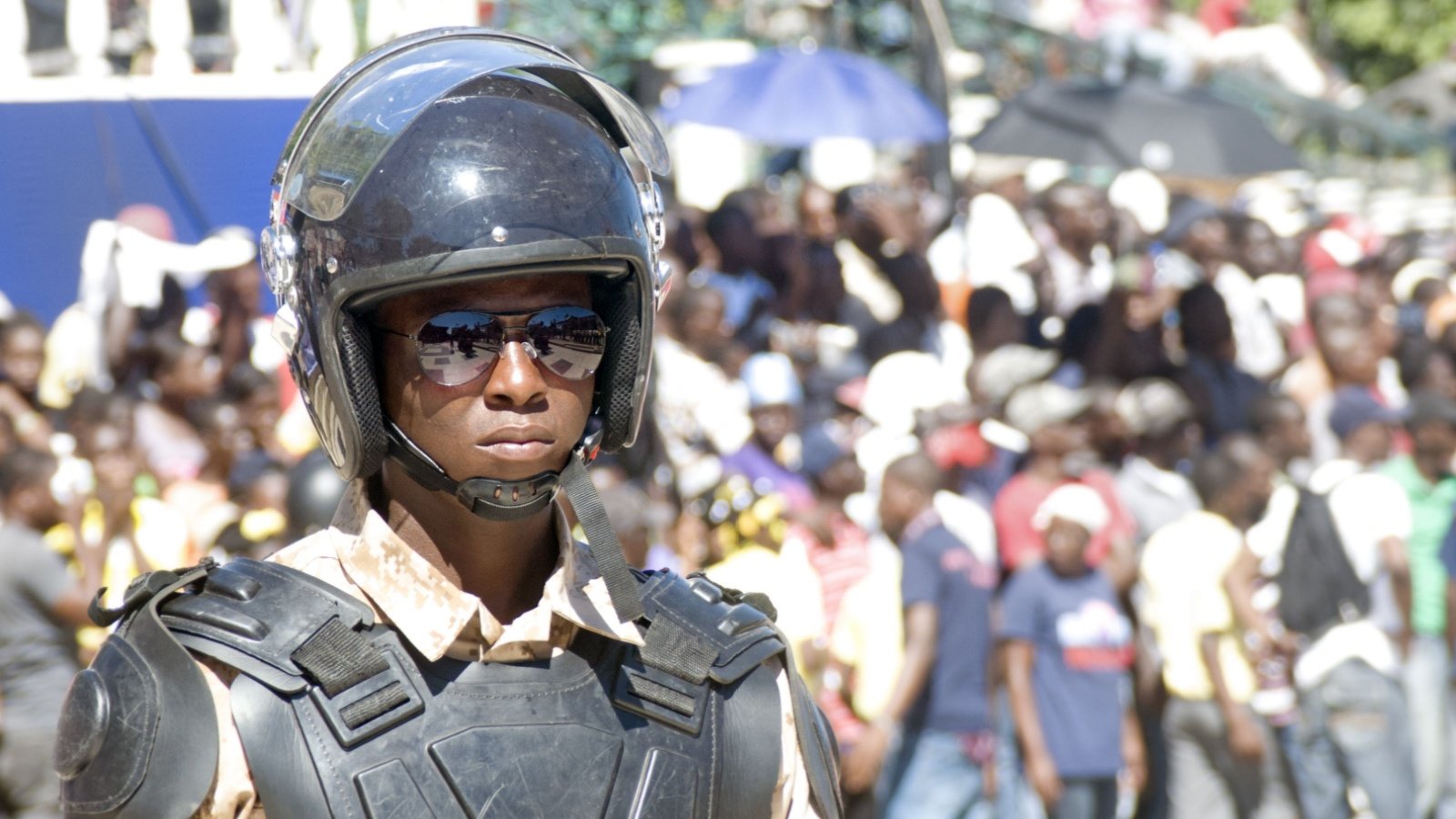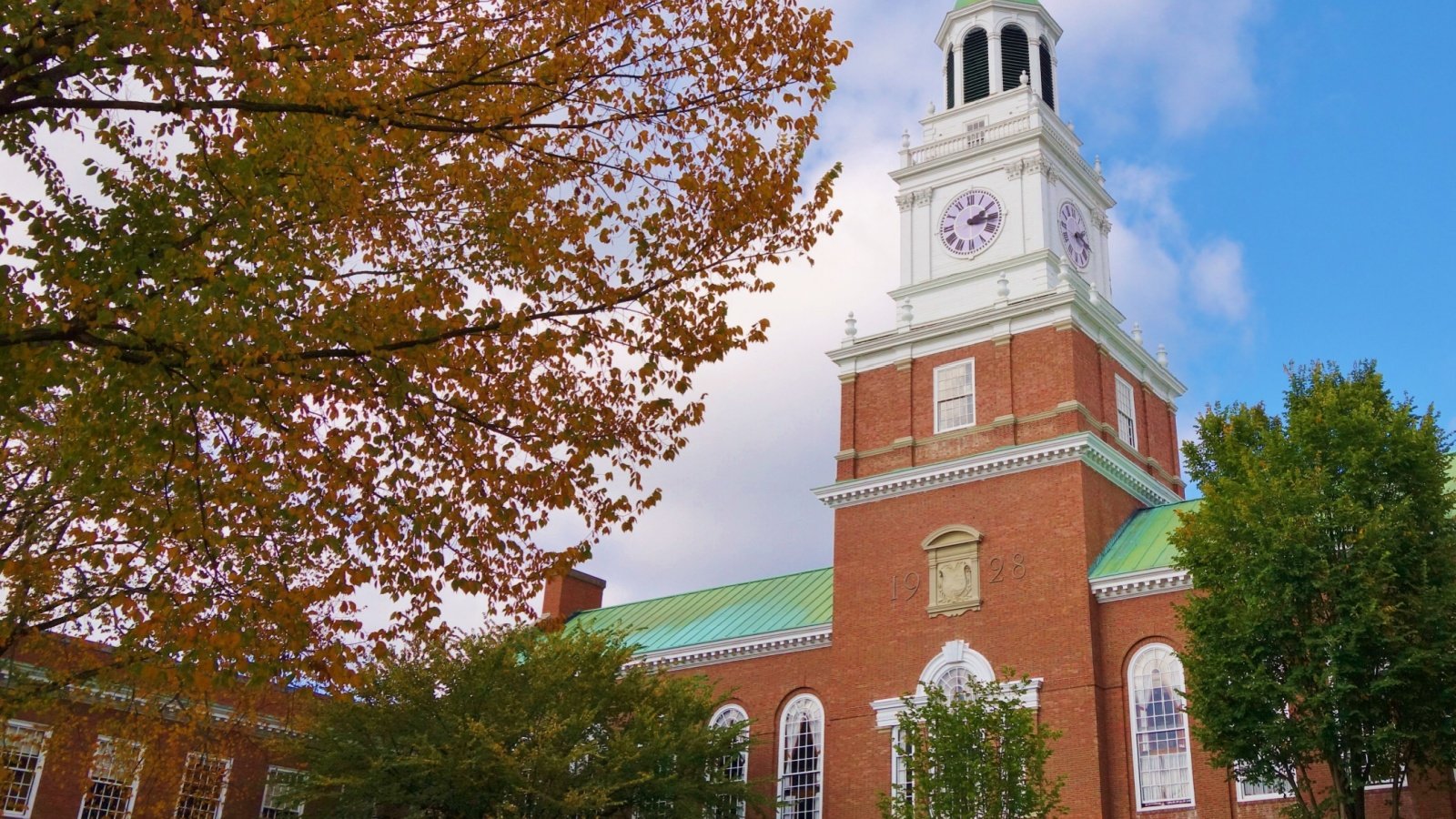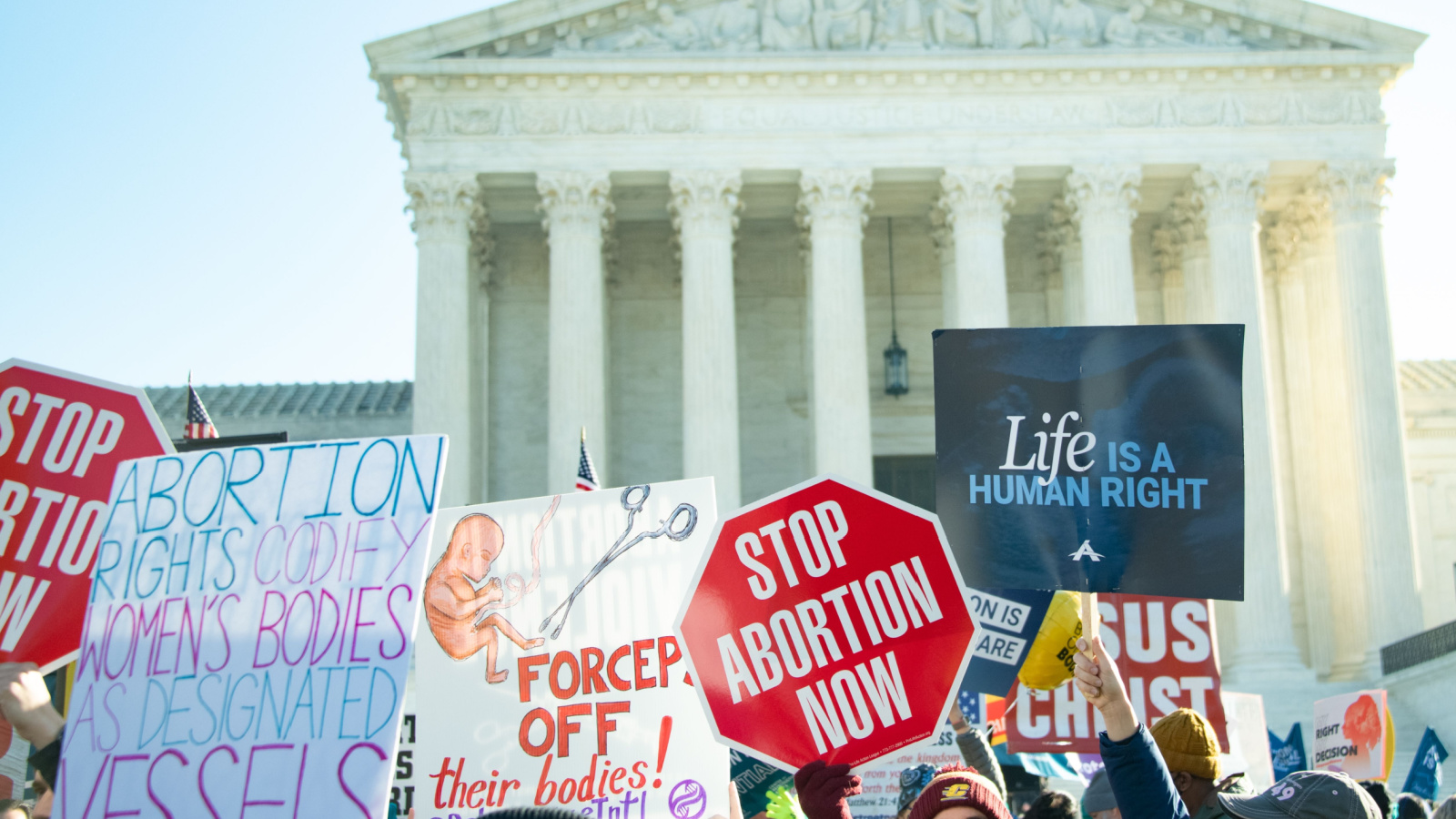Haiti’s Prime Minister, Ariel Henry, has publicly announced his decision to resign in response to the escalating crisis caused by rampant gang violence throughout the nation. In a recent video message, Henry conveyed that his resignation would occur following the creation of a transitional council. He emphasized the urgent need for peace and stability in Haiti and mentioned that his government would function as a caretaker regime until the appointment of a new prime minister and cabinet.
Advisor Confirms Transitional Plan
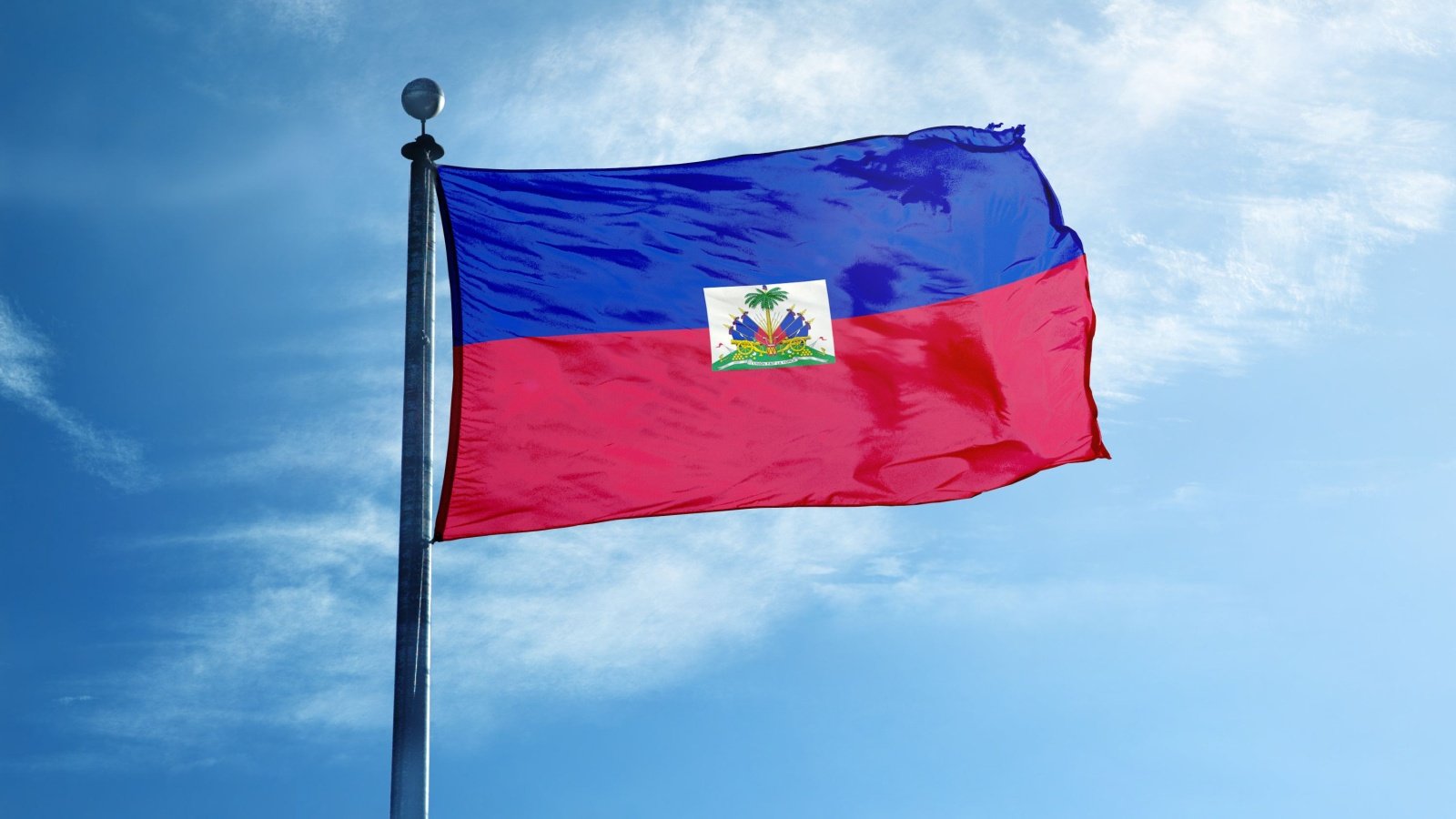
Jean Junior Joseph, an advisor to Henry, confirmed to the media that the Prime Minister intends to remain in his position until a new interim government takes over. This statement underscores the commitment to ensuring a smooth and orderly transition of power during a period of significant turmoil in the country.
CARICOM’s Intervention
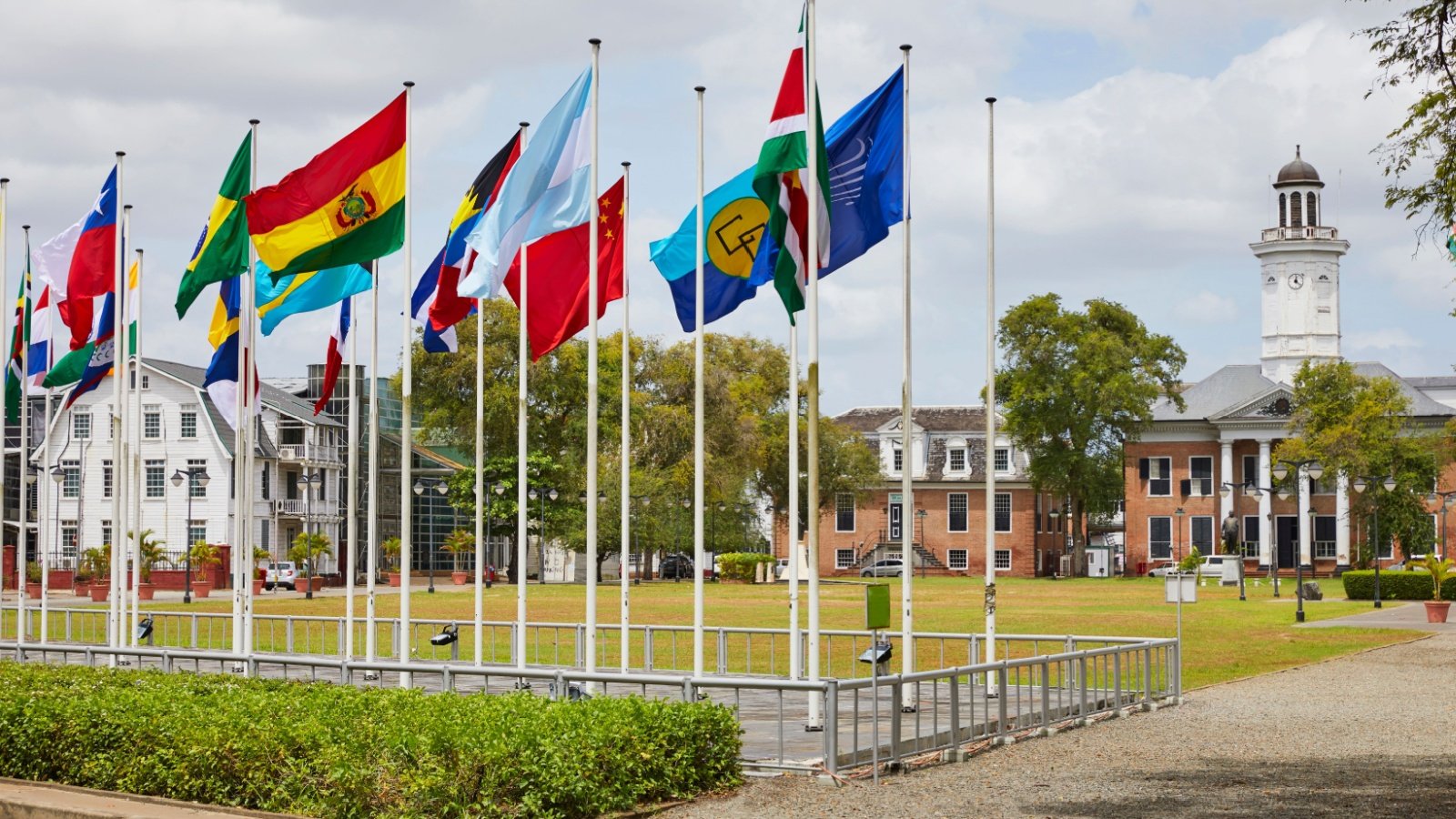
The Caribbean Community and Common Market (CARICOM), during a meeting in Jamaica, agreed to establish a transitional council designed to guide Haiti towards elections and the restoration of law and order. CARICOM Chairman Irfaan Ali, along with other Caribbean leaders, announced this commitment to transitional governance, which aims to secure a peaceful power transition and maintain continuity of governance.
Escalating Violence and International Concern
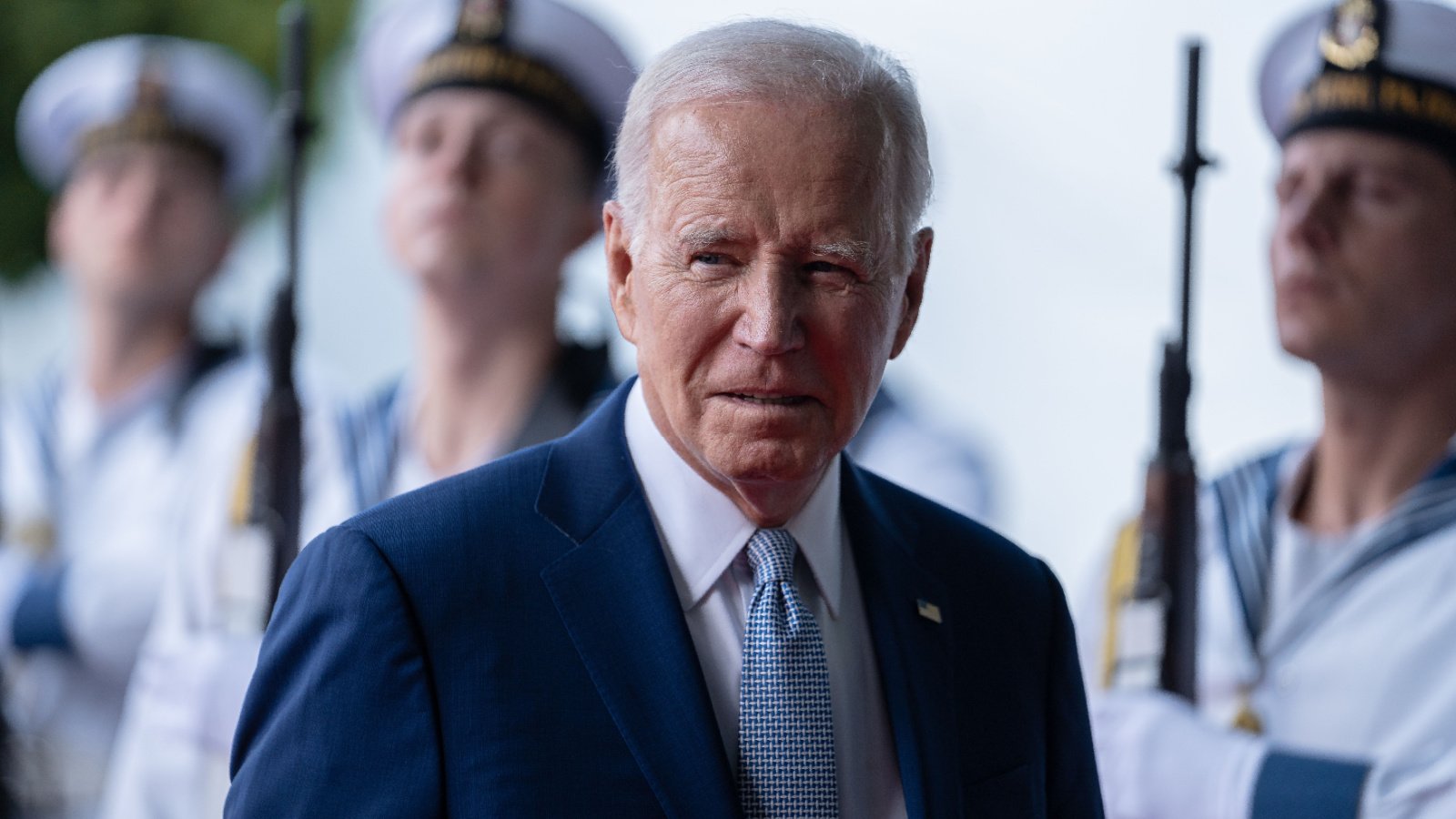
The decision comes amid worsening violence in Haiti, with gangs attacking government infrastructure and challenging the state’s authority. An armed member of the G9 and Family gang was notably seen patrolling a roadblock in Port-au-Prince, highlighting the severity of the situation.
Stranded Prime Minister
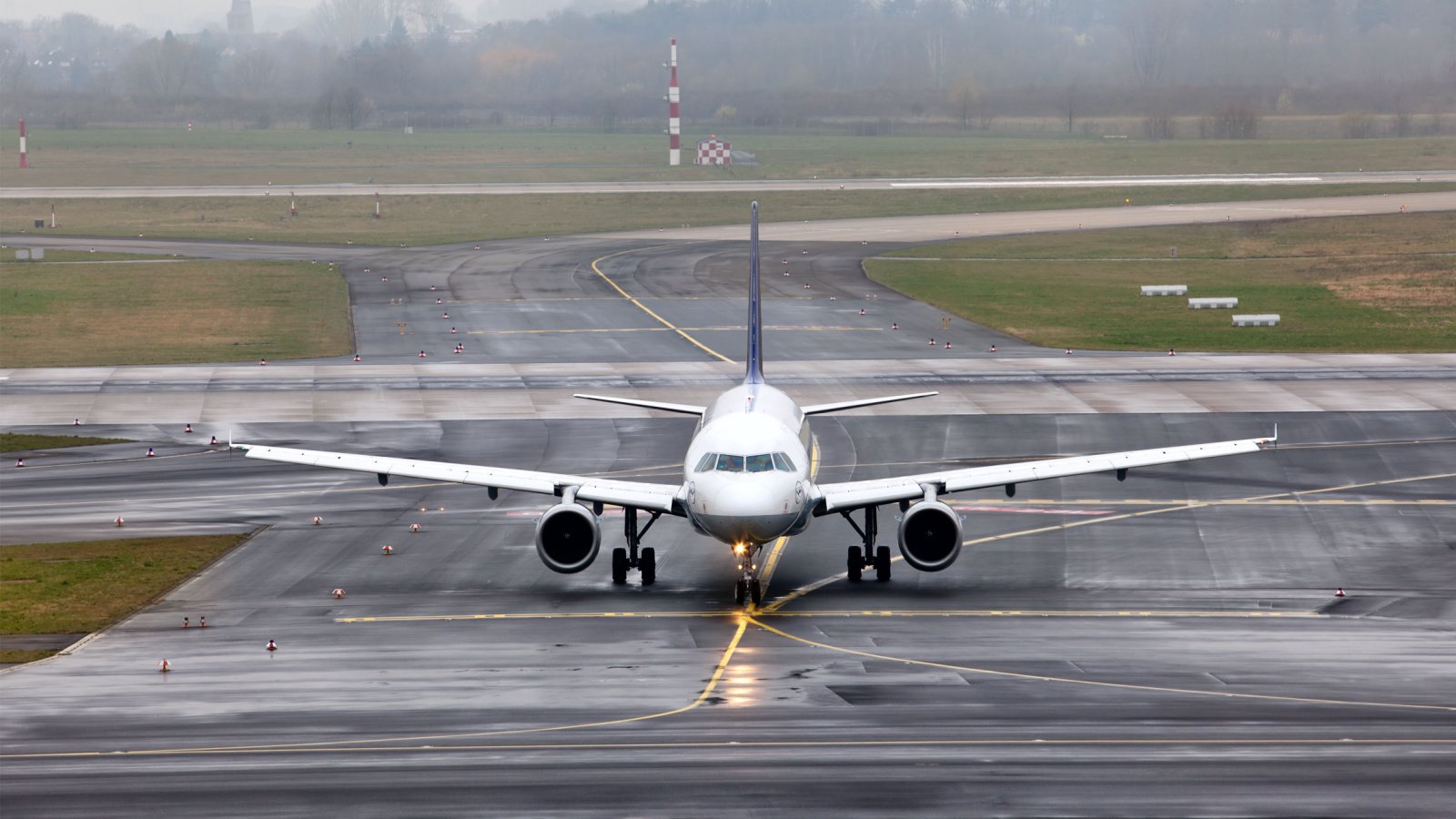
The violence has severely impacted Henry’s ability to lead, notably when he was stranded outside of Haiti due to unsafe conditions at the capital’s airport. His planned return through the Dominican Republic was thwarted when permission for his plane to land was denied, leaving him in Puerto Rico for an extended period.
U.S. Support
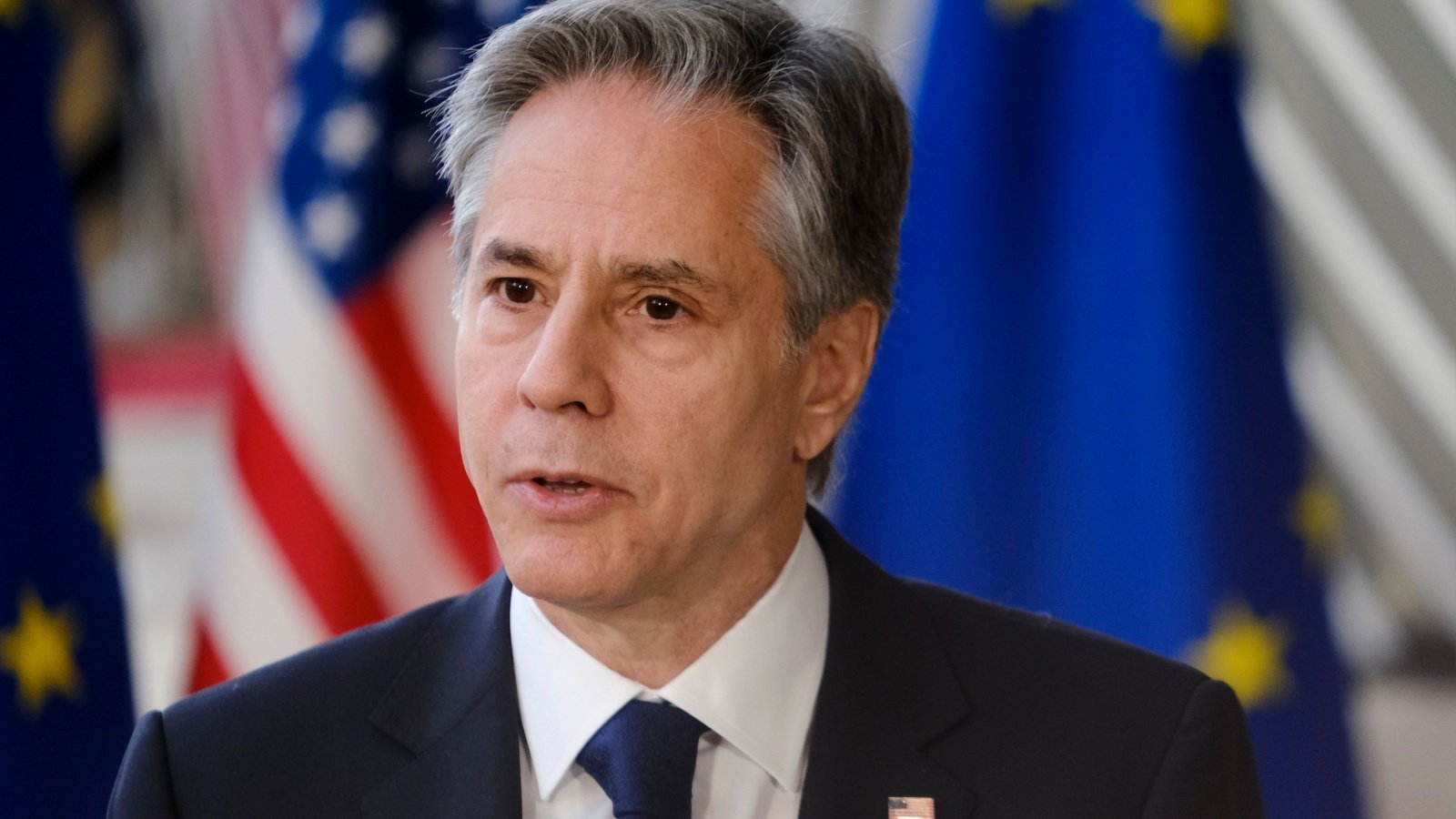
The United States has committed $300 million to aid a Kenyan-led security mission in Haiti, with Secretary of State Antony Blinken announcing the contribution. An additional $33 million has been allocated for humanitarian assistance, reflecting international concern and support for Haiti during this crisis.
Potential Leadership and Elections

Amid these challenges, the name of Guy Philippe, a rebel leader recently deported from the US, has been mentioned as a potential successor to Henry. The prime minister’s failure to hold elections last year, citing security concerns, has exacerbated public discontent and protests.
Gang Violence Intensifies

The situation in Port-au-Prince has deteriorated significantly, with gangs launching coordinated attacks on law enforcement and state institutions. This has led to mass displacement, with tens of thousands of residents fleeing their homes.
State of Emergency
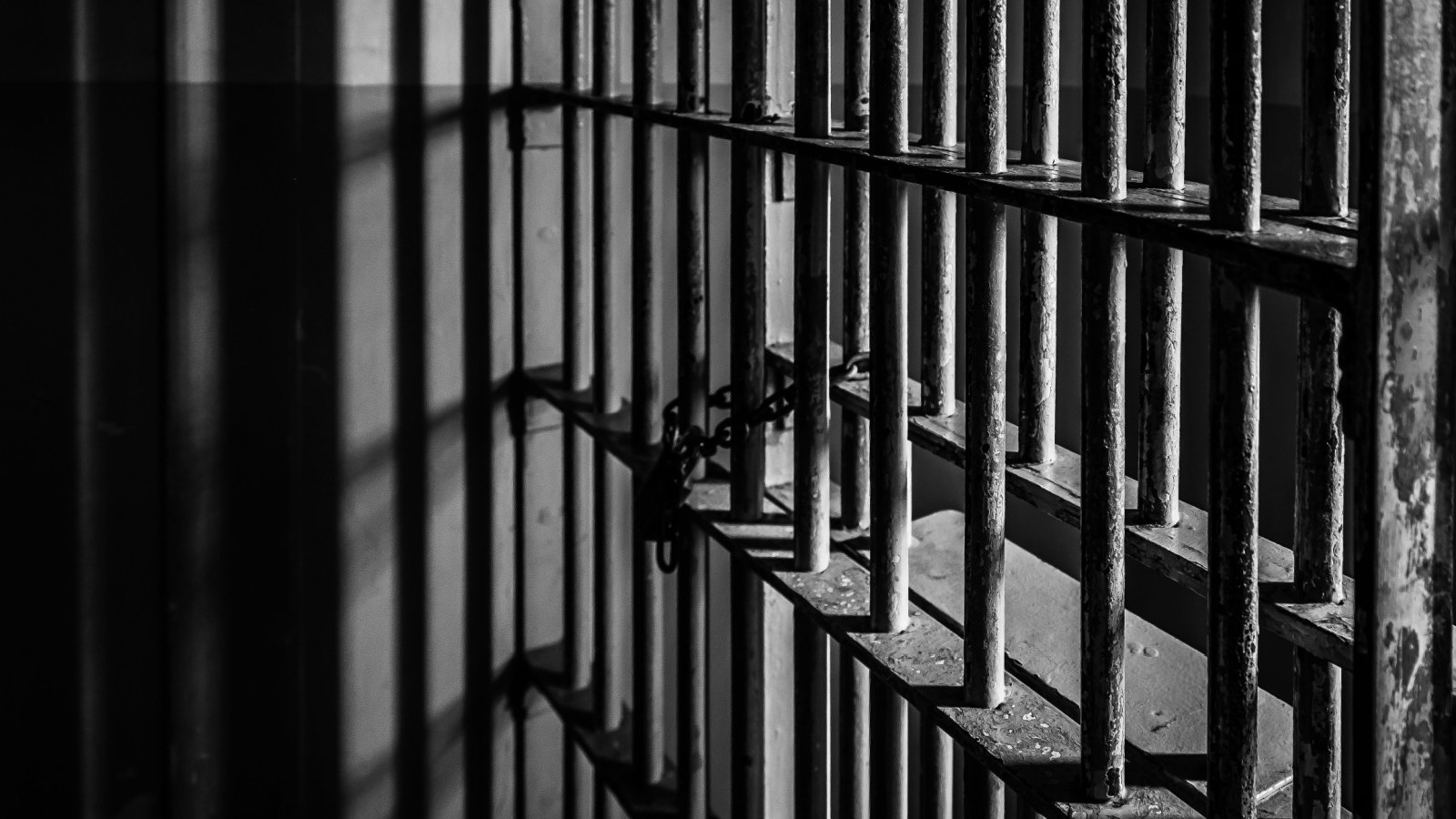
Haiti declared a state of emergency after a gang attacked the country’s largest prison, resulting in numerous casualties and the escape of around 3,500 inmates. Gang leader Jimmy “Barbecue” Cherizier claimed responsibility for the attack, framing it as an effort to challenge Henry’s government.
Calls for Resignation

Amidst the chaos, public demonstrations demanding Henry’s resignation have intensified. Participants in these protests have been vocal in their criticism of the government’s handling of the crisis and its inability to provide safety and stability.
UN and International Concerns

The United Nations has described the situation in Haiti as “untenable,” with gangs controlling a significant portion of the capital. The organization has called for a multinational security mission to assist Haitian police, highlighting the critical need for international support.
Humanitarian Crisis
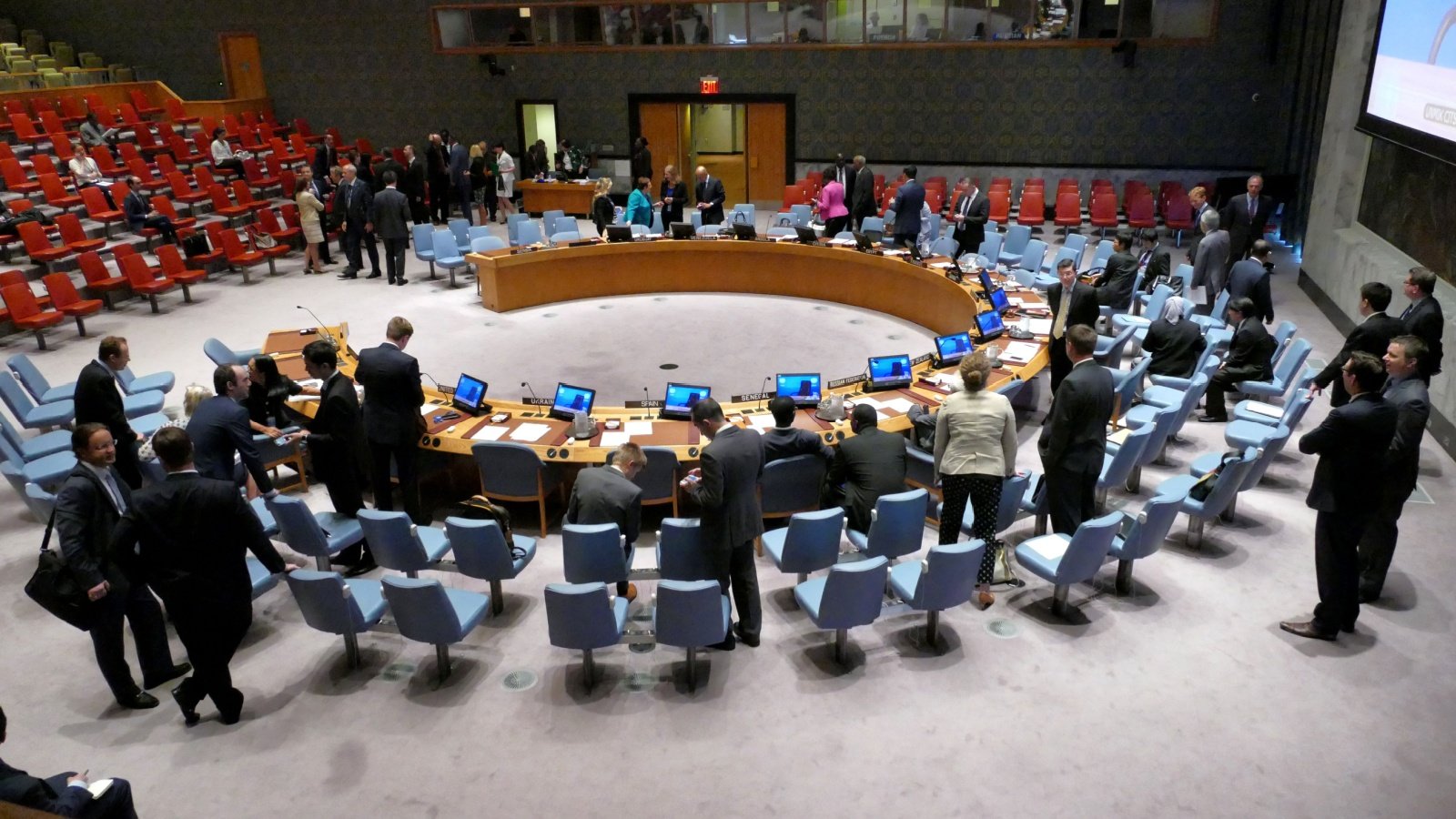
Haiti’s enduring struggles with violence, political instability, and natural disasters have left millions in need of humanitarian aid. The UN estimates that approximately 5.5 million Haitians require assistance, with a million children out of school and at risk of being recruited by gangs.
The Cholera Epidemic

Compounding the country’s challenges is a cholera epidemic that erupted in 2022, further straining Haiti’s healthcare system and exacerbating the humanitarian crisis.
The Path Forward

As Haiti navigates this tumultuous period, the focus remains on restoring order, conducting free and fair elections, and addressing the humanitarian needs of its population. The resignation of Prime Minister Ariel Henry marks a critical juncture in the country’s quest for stability and peace.



